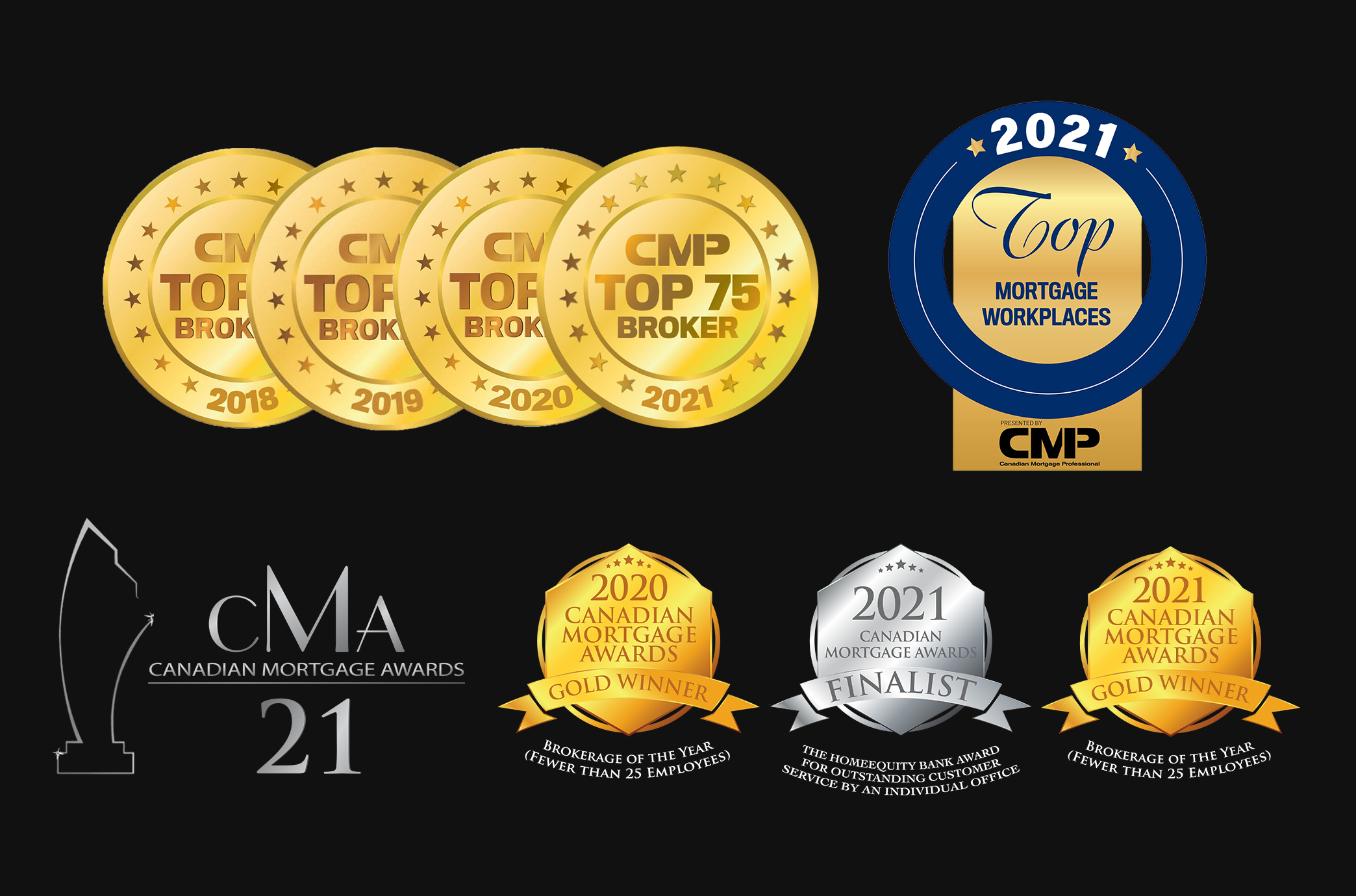Great Mortgages. The Right Insurance. Expert Advice.
Proposed OSFI Mortgage Changes (Coming June 1st) – How Will They Impact You?
OSFI (the federal banking regulator) has proposed a change to the mortgage qualification guidelines. While it is a proposal at this stage (official announcement will be May 24th with a June 1st inception date if approved), based on historic announcements, we anticipate this change will be approved and people should prepare accordingly.
Click on the below picture to access our PDF handbook of the changes, or please read below.
What’s Changing?
Currently, for conventional mortgages (more on that later) you qualify for your mortgage based on a “Stress Test” rate vs. your actual mortgage rate. The “Stress Test” rate is calculated as the greater of your actual mortgage rate +2.00% OR the Benchmark Rate (which is currently 4.79%). OSFI wants to increase the Benchmark Rate to 5.25% effective June 1st (will be called the “floor rate” going forward). Answers to common questions we’ve received:
- – How is the Benchmark Rate currently calculated? It is the average of the Big Six Canadian banks’ 5 year fixed POSTED mortgage rates (typically much higher than their actual 5 year fixed mortgage rates).
- – What is the Proposed Change? OSFI wants to increase the Benchmark Rate from 4.79% to 5.25% effective June 1, 2021. This will also decouple the Benchmark Rate from the Bank’s 5-year fixed posted rates creating a new “floor rate”.
- – Impact on Max Qualification? A Benchmark Rate increase from 4.79% to 5.25% will reduce a person’s maximum qualification by approx. 4% (i.e., reduction of approx.. $40,000 purchasing power per $1,000,000 of purchase price).
- – What is our opinion? While we don’t like the timing of this change, we do like the fundamentals. By separating the Benchmark rate from the Big Bank’s posted rate (which can fluctuate regularly and is also impacted by bank business decisions), it will create more stability and provide OSFI/Government with a powerful housing market heating/cooling tool going forward.
- Where can you find more information? To review OSFI’s press release please [Click Here]
Who will this impact?
- This change is aimed at conventional mortgages. What does that mean? For purchases, a conventional mortgage is (1) any purchase $1,000,000+ OR (2) any purchase with 20%+ down payment. The change will also impact anyone looking to refinance their existing home.
Who will this NOT impact?
- For now, this change will not impact those buying for less than $1,000,000 with less than a 20% down payment (High Ratio buyers). As this is a federally imposed change, this may not impact provincially regulated lenders (i.e., credit unions). As a mortgage brokerage, we have access to over 20 banks, credit unions, and mono-line lenders and always look for the best fit solution depending on a clients’ goals, priorities, and circumstances
What can you do to prepare?
- Discuss with your mortgage broker and have them run the numbers specific to your circumstance to determine if/how much this could impact you. For those that are not buying up to their absolute max qualification amount, they may find this potential change has no impact.
How to navigate and overwhelmed (or soon to be overwhelmed) system:
With Q1/2021 TRREB transaction volume almost double from what we had in Q1/2020, Q1/2019, and Q1/2018 it is putting a strain on all facets of the real estate market including inspectors, appraisers, lenders, and lawyers as they work towards the closing date and also handle all new sales coming in. While the system is stretched, there are some tips you can keep in mind to help make sure your purchase goes as smoothly as possible:
- – Dive Into the Details Early: The more you know early in the process the better. Work with your mortgage broker, realtor, accountant and lawyer early in the process to prepare for every step of your potential purchase. Do you have your deposit ready? If you’re buying a condo, do you have a lawyer lined up to review the status certificate? Take the time to assemble all your income documents, down payment documents, and any other required paperwork to get a full review / pre-approval from your mortgage broker done up front. Given the backlog at almost all banks/lenders avoiding as much back-and-forth with the lender as possible can save precious time.
- – Try for closing dates longer than 30 days: If you can get it, try to set your closing date longer than 30 days keeping in mind any rate hold/rate expiry dates you may have in place.
- – Closing date tip: Real Estate Lawyers usually have the most closings on the first and the last day of the month. Try to avoid an end-of-the-month closing date, and ideally try to close mid-week vs. a Friday.
- – Impacted by the proposed OSFI changes? If you are going to be impacted by the new changes, ideally try to enter into an agreement prior to May 24th (vs. June 1st). OSFI will be officially announcing the final changes on May 24th, and as nothing is certain yet, it is always best to try and remove as many potential variables as possible.
Contact Information
- We will be updating this blog as more facts come in about the potential changes. For any questions, or for more information, please contact:
- Outline Financial
- Email: hello@outline.ca
- Tel: 416-536-9669
Copyright 2020 – Outline Financial.




